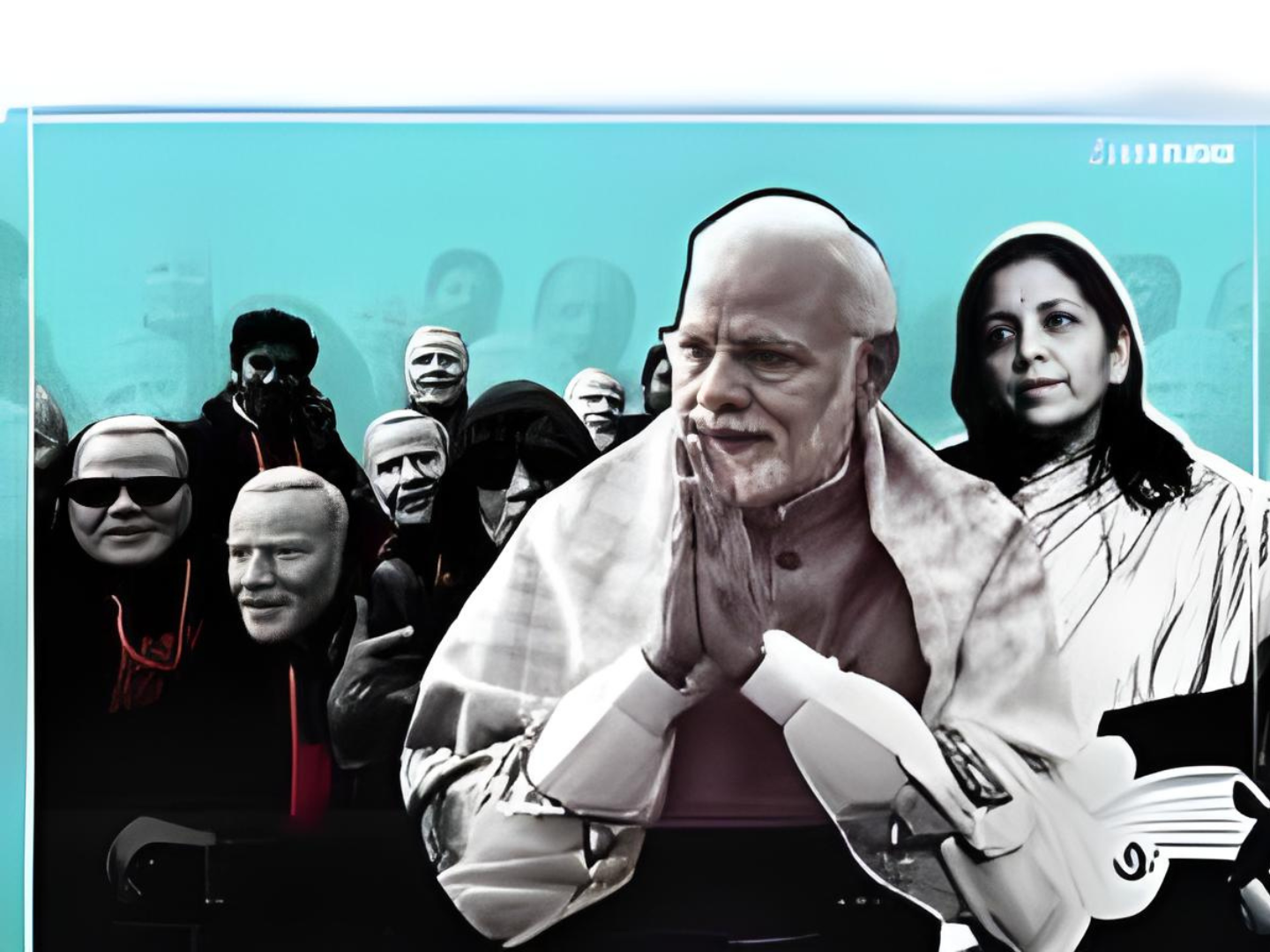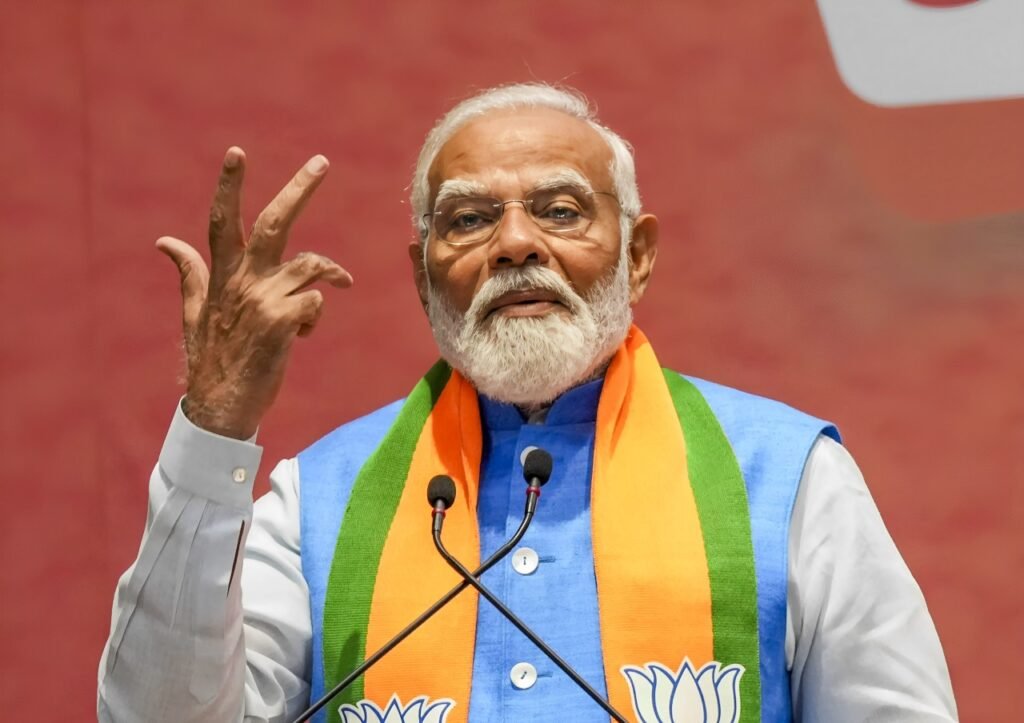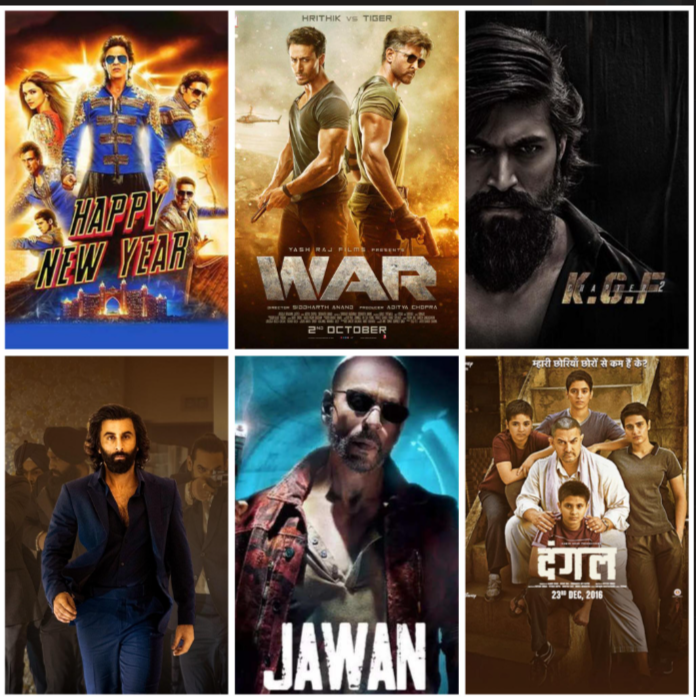Modi neglected his devoted salaried middle class. There is no reward for a decade of loyal support
Two Constants in Our Ever-Changing World
There are only two things you can take for granted in the world we live in. The first is that the sun will rise in the East and set in the West. The second is that each year, when the Union budget is presented in Parliament, businessmen will rush to declare it “fantastic” in joyous ecstasy, like super-fans at a Taylor Swift concert.

Annual Budget Euphoria
“The Finance Minister is a genius,” they will gush. Others might add: “Of course, we should not forget the role of the Prime Minister, whose vision guides India.”
This fanboy (and now, increasingly, fangirl) nonsense tells us nothing. If Finance Minister Nirmala Sitharaman were to announce the end of the world, the captains of industry would still give her a standing ovation and praise her brilliance.
Honest Reactions to Budget 2024
The truth is that most honest reactions to Budget 2024 have not been fan-like. There have been valid criticisms of the government’s chosen route to take the Indian economy forward. While some of the budget proposals are being praised, three negative points have stood out.
Rising Discontent Among the Urban Middle Class
The first noticeable trend is the growing dissatisfaction and anger among the urban middle class. This demographic, although not particularly significant in terms of total electoral numbers, is notable for its substantial contribution to income tax revenues. Historically, it was the urban middle class that first embraced the cult of Narendra Modi, viewing him as a leader capable of bringing about significant economic reforms and national progress. More recently, this group has largely accepted the BJP’s portrayal of the Congress as a dangerous left-wing party, perceived as a threat to their economic stability and personal freedoms.
Historical Context of Support
To understand the current discontent, it’s important to recall the BJP’s strategic narratives over the years. For instance, the party’s claims about the confiscation of buffaloes and the snatching of mangalsutras were part of a broader campaign to paint the Congress as an out-of-touch and extreme party. This narrative found a receptive audience among the urban middle class, who were already predisposed to see the BJP as the more pragmatic and economically sensible option.
Changing Perceptions of Leadership
Moreover, these are the same individuals who nodded along when the BJP portrayed Rahul Gandhi as a dullard who could not be trusted to lead the country. The caricature of Rahul Gandhi as a naive and ineffective leader was a powerful tool in consolidating middle-class support for the BJP. This group saw Modi as a stark contrast: decisive, capable, and possessing a clear vision for India’s future.
Current Discontent
However, recent developments have started to shift this perception. The urban middle class, feeling the pinch of economic policies and perceived missteps, is beginning to question the infallibility of the current administration. Issues such as rising living costs, unemployment, and stagnant wages are causing many to reassess their earlier support. The dissatisfaction is palpable and growing, representing a significant challenge for the BJP as it navigates the complex landscape of Indian politics and attempts to maintain its grip on power.
Middle-Class Discontent Before Budget 2024-25
Long before Finance Minister Nirmala Sitharaman presented the budget for 2024-25, there were signs that the middle class was reassessing its assumptions and priorities. Much of the disgruntlement stemmed from excessive taxation, but there was a deeper resentment behind the complaints. Salaried Indians felt that while rich businessmen—not just the oligarchs—had become richer during the Modi years, hardworking people like them didn’t receive the rewards they deserved.
Growing Resentment and Perceived Neglect
Prime Minister Modi was seen dining and celebrating with his wealthy friends, fully aware that their support wasn’t permanent and could easily shift to any party that seemed more likely to advance their prospects. In his famous election campaign speech, he talked about how the super-rich, including his own associates, were sending tempos full of money to the Congress. Despite this, he gave these fair-weather friends a disproportionate amount of attention while neglecting his devoted salaried supporters.

Expectations from Budget 2024
The salaried middle class was expecting something special from Budget 2024, perhaps as a reward for a decade of loyal support. It was Modi’s third consecutive victory, after all; “historic,” as he described it. In real terms, though, it got next to nothing. There was a marginal tweak in income tax rates, but not enough to make much difference to many middle-class taxpayers.
Unpopular Changes and Impact on Savings
Worse still, the government targeted the few means left to the middle class to save some money. The revision of the long-term capital gains tax rates was widely unpopular. The removal of the indexation principle while calculating capital gains tax meant that houses, where middle-class people had invested a substantial chunk of their savings, now fetched less of a real return after taxes if they were to be sold.
Questions of Sensitivity and Strategy
Why was the Prime Minister not sensitive to the views of a significant part of his support base? Why did his advisors allow a budget that essentially told the salaried middle class it did not matter to be sent to Parliament? Did nobody think this through? Were there no discussions about the message this budget would send out? These questions highlight the disconnect between the government and the expectations of its middle-class supporters, leaving many to wonder about the future direction of their economic policies.
Modi and the Oligarchs: An Unflattering Caricature
Throughout the election campaign, Rahul Gandhi painted Prime Minister Modi as a patron of the oligarchs and an enabler of those who amassed fortunes by exploiting India’s natural resources and the government’s goodwill. The Prime Minister did little to dispel this unflattering caricature. In fact, his post-election behavior and the measures undertaken in Budget 2024 have only reinforced this image.
Shifting Support Among Young Indians
Initially, Modi’s strongest supporters were young Indians who saw him as a beacon of hope. However, over the past decade, this initial wave of supporters has aged, and the new generation does not necessarily view Modi in the same light. Facing unemployment and corruption, and having only experienced a decade of Modi’s leadership, this younger generation harbors real concerns and grievances.
Congress’s Appeal to the Youth
The Congress Party made a concerted effort to reach out to this segment in the last election. Even the BJP now acknowledges that its dismissive approach to unemployment—such as suggesting that people should just make pakoras instead—was ill-conceived. Budget 2024 attempted to address this issue, with accusations from Congress leaders like Jairam Ramesh that some measures were lifted from their manifesto. Despite this, the proposed solutions seem insufficient to reassure the youth.
The NEET Exam Controversy
Moreover, a major concern for many young people is the government’s handling of the NEET exams. Rahul Gandhi’s criticism in Parliament about the government’s mishandling of the national medical entrance exam process highlighted a significant issue. Education Minister Dharmendra Pradhan’s fumbling response, along with a lack of satisfactory answers from other government officials, has left many young Indians feeling that their future is being jeopardized. This controversy has become a potent symbol of the government’s perceived failures to address the needs and concerns of the younger generation.
Modi’s Image and Budget Discrepancies
Then there’s the issue of PM Modi’s image as an all-powerful, benevolent leader. One might have expected the government to shower Maharashtra with benefits, especially with a crucial Assembly election approaching. However, the state was largely overlooked in the Union budget. This omission could reflect the government’s current financial constraints, which limit its capacity for such largesse.
Political Payments and Budget Allocations
Following the Lok Sabha election results, it became evident that the BJP government would need to spend significantly to keep allies like Andhra Pradesh Chief Minister Chandrababu Naidu and Bihar Chief Minister Nitish Kumar satisfied. The substantial budget allocations to Andhra Pradesh suggest that Naidu has received at least some of what he sought, although further demands are likely.
While it would be crude and unfair to label these allocations as protection money or ransom payments, they highlight the government’s reliance on maintaining support from its allies. This reliance undermines the perception of the government as all-powerful and reveals that its position is partly dependent on distributing funds to keep its coalition intact.
The Shifting Focus of Budget 2024
Finance ministers face numerous challenges when preparing a budget and cannot please everyone. Typically, the budget’s direction is set by the Prime Minister, a fact well understood by many. However, Budget 2024, like many recent decisions by the current administration, seems to lack the decisive, strategic touch that previously characterized Modi’s leadership. By neglecting the loyal supporters and failing to address their needs, the budget alienates the very base that has long supported Modi.
The Path to Regaining Popularity
To restore his previous popularity, Modi must focus on tangible improvements in people’s lives and economic benefits. Simple political gestures and controversial measures, such as allowing chief ministers to impose discriminatory practices, will not suffice. As the focus shifts back to substantive progress and real economic benefits, the era of divisive politics and superficial actions is fading. Ultimately, addressing the needs of his supporters and delivering on promises will determine Modi’s success and political future.
Stay tuned to Club4Celebs for more updates.


